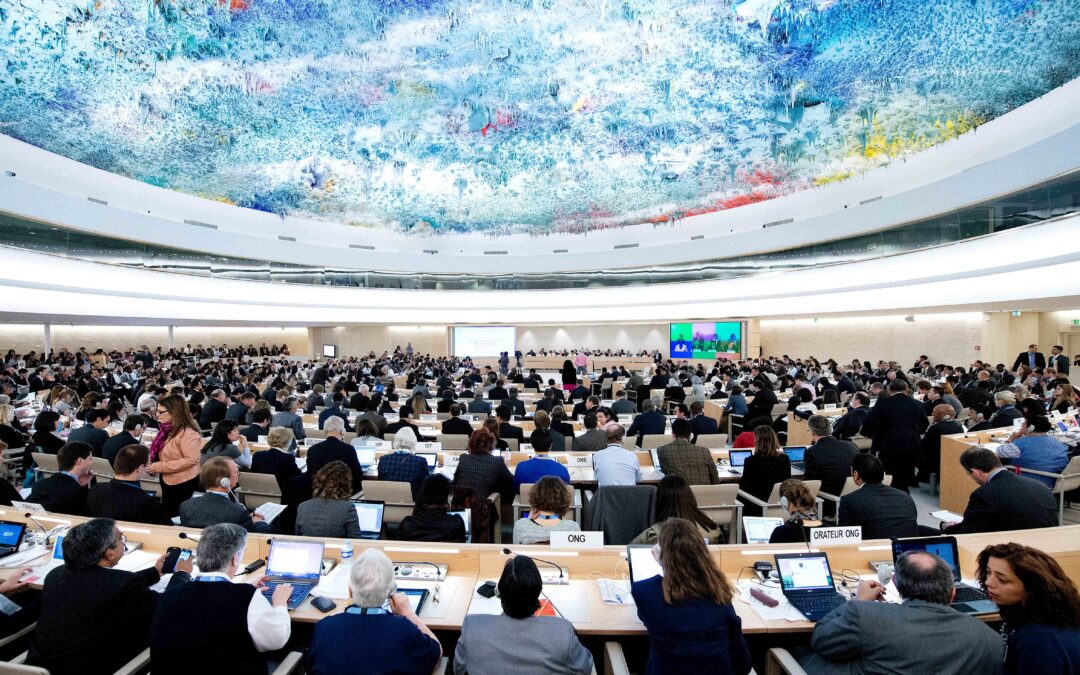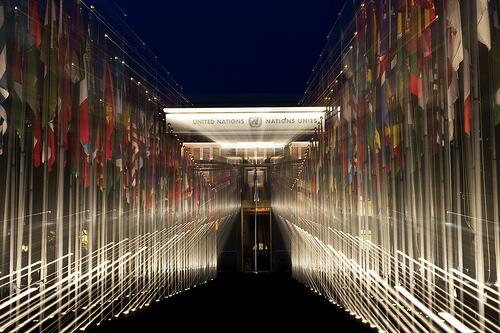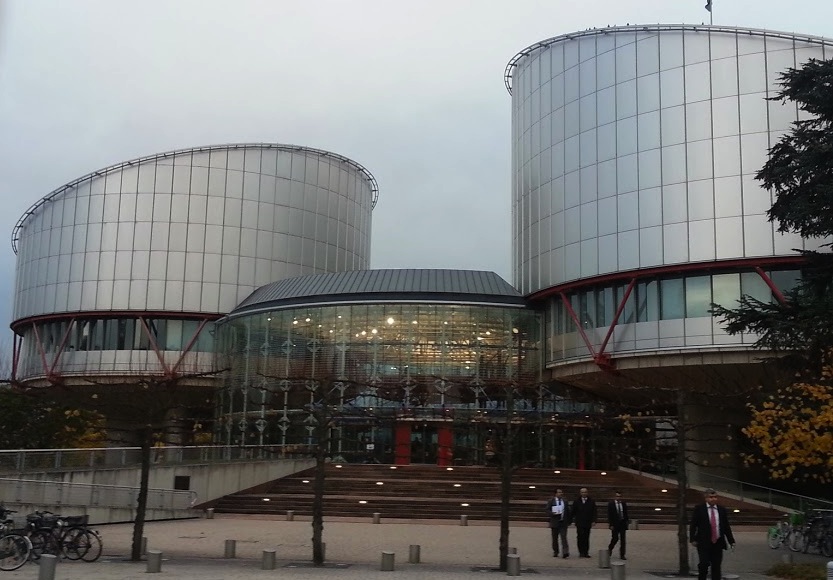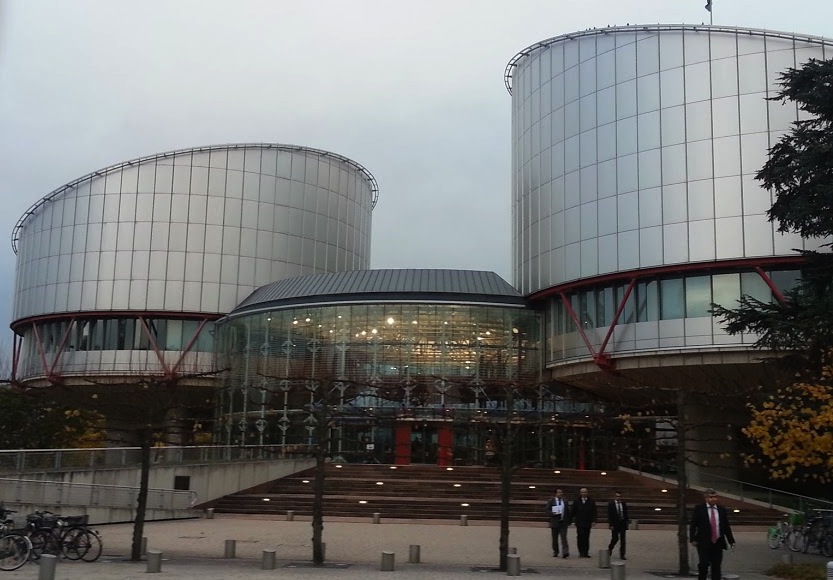
Jul 8, 2015
Today, the ICJ presented its written submissions to the European Court of Human Rights in the case of A.N. v. France (Application No. 12956/15).
The case arises from the French authorities’ dismissal of an asylum application.
The ICJ’s submissions focus on:
- the obligation to ensure that the risk upon removal be assessed so as to guarantee that the protection of the Convention for the Protection of Human Rights and Fundamental Freedoms (‘the Convention’) be practical and effective;
- whether requiring coerced, including self-enforced, suppression of a fundamental aspect of one’s identity — as enforced concealment of one’s same-sex sexual orientation entails — is compatible with the Convention, in particular, Article 3;
- whether the criminalization of consensual same-sex sexual conduct gives rise to a real risk of Article 3 prohibited treatment, thus triggering non-refoulement obligations under that provision of the Convention; and
- the significance of the EU asylum acquis and the case-law of the Court of Justice of the European Union (CJEU), including the joined cases Minister voor Immigratie en Asiel v X, Y and Z v Minister voor Immigratie en Asiel.
In its observations, the ICJ also drew the Court’s attention to the CJEU’s judgment in A, B, and C v Staatssecretaris van Veiligheid en Justitie, as well as to recent Belgian and Italian superior courts’ reported decisions that have found in favour of Senegalese homosexual applicants based on, inter alia, the risk to the individuals concerned arising from Senegal’s criminalization of consensual same-sex relations and of becoming victim of homophobic crimes, including at the hands of family members, from which there is no effective state protection.
France-A.N.v.FRANCE AMICUS-Advocacy-legal submissions-2015-ENG (full text in PDF)

Jul 1, 2015 | Advocacy
Joint statement by the ICJ and Amnesty International after a group of States, led by Egypt, proposed a resolution on “protection of the family” at the ongoing 29th regular session of the UN Human Rights Council.
Bangladesh, Belarus, China, Cote d’Ivoire, Egypt, El Salvador, Mauritania, Morocco, Qatar, the Russian Federation, Saudi Arabia and Tunisia have submitted a seemingly innocuous draft resolution (A/HRC/29/L.25) that, in fact, underhandedly seeks to divert the Council from its institutional mandate focused on the effective promotion and protection of the human rights of the individuals towards protecting the purported rights of a social institution, namely, “the family”.
The full statement can be downloaded here: Universal-ICJ+AI statement on protection of the family-Advocacy-2015-ENG (in PDF)

Jun 12, 2015
On 12 June, the ICJ made a submission to the UN Human Rights Committee in view of the Committee’s elaboration of a new general comment on Article 6 of the International Covenant on Civil and Political Rights guaranteeing the right to life.

Jun 8, 2015
Today, the ICJ jointly with the AIRE Centre and ILGA-Europe submitted written submissions in the case of Klobučar v. Croatia (Application no. 28416/14) before the European Court of Human Rights.
The case, which concerns alleged ill-treatment at the hands of state officials motivated by homophobia, provides the Court with an important opportunity to identify the scope of the State Parties’ procedural obligations under the European Convention on Human Rights in such cases. These include the duty to take all reasonable steps to identify whether there has been any discriminatory motive behind the treatment said to be in violation of the Convention based on animus or prejudice against one’s real or imputed same-sex sexual orientation and/or gender identity or expression.
The submissions focus on:
- The nature and scope of the positive obligations of Contracting Parties under the Convention in respect of allegations disclosing credible evidence of treatment prohibited under Article 3;
- Same-sex sexual orientation and/or gender identity as a ground of discrimination; and
- The duty to take all reasonable steps to identify any discriminatory motive in connection with allegations of ill-treatment.
CROATIA-AMICUS in KLOBUCAR ECtHR-LEGAL SUBMISSION-2015-ENG

May 19, 2015
Today, the ICJ and other rights groups presented joint written submissions to the European Court of Human Rights in the case of A.T. v. Sweden (Application No. 78701/14).









